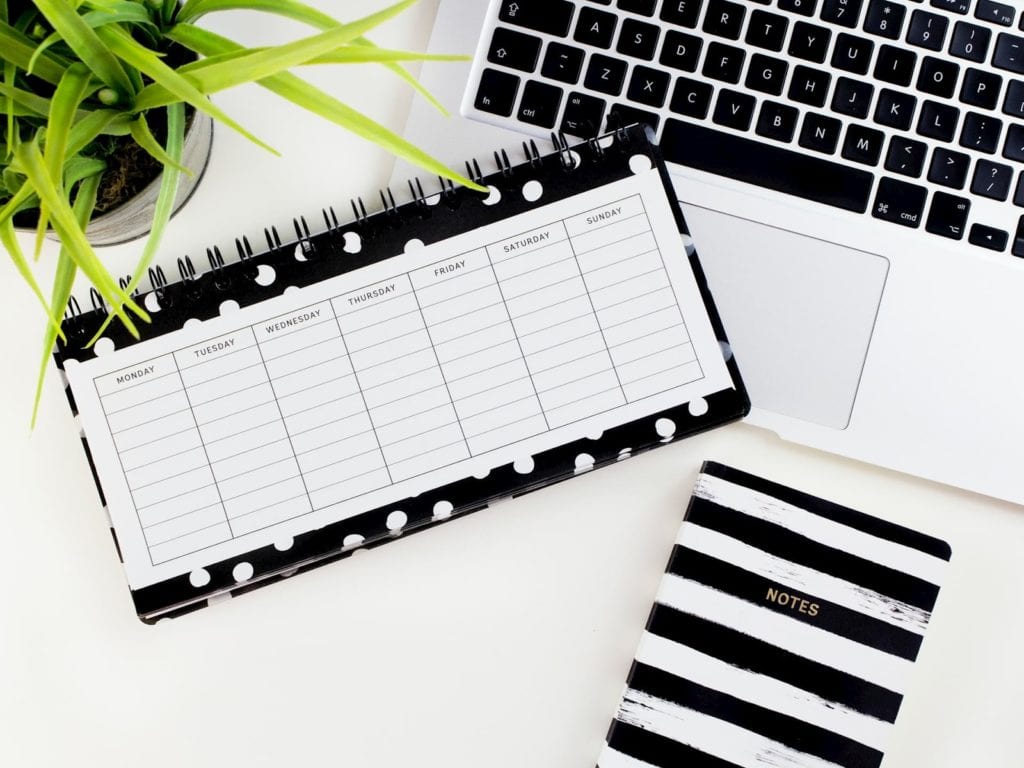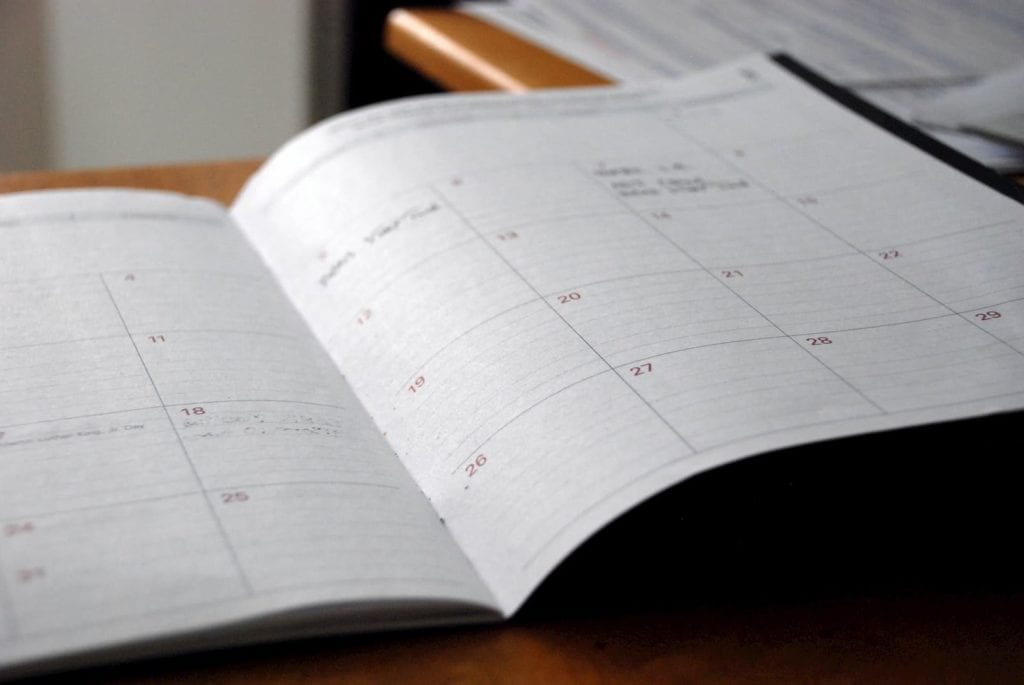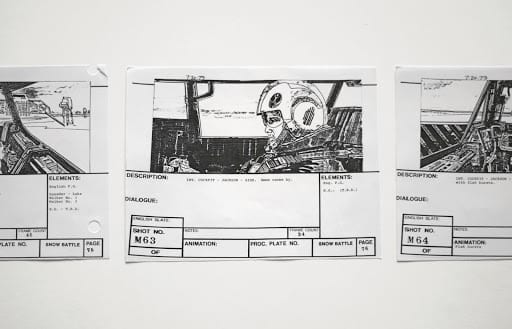How To Cut Costs For Your Film Production
Creating a budget for a film production is one thing, but staying within budget and keeping costs down is another.
Many filmmakers, of all experience levels, recount times when they wanted to pull their hair out during production — whether because they weren’t fully prepared, unexpected issues arose, or certain scenes took longer to shoot than expected.
There are many other factors that can cause you to go over budget during your film shoot, so it’s important to be prepared and ready to adapt to anything.
Check out our very first podcast episode where we sit down with the first-ever winner of The Film Fund contest, Tim Viola. In this episode, Tim discusses the process of making his short film, Americano, and how he struggled and overcame budgeting during the production process for his film.
As a director or producer in charge of a film production, it’s absolutely crucial to understand the significance of staying within budget and the schedule. For some high-budget productions, every minute costs thousands of dollars. Any wasted time on set can really hurt the film production companies financing the film.
In this post we will go over some of the best tips for keeping your film production costs low or within budget, so you don’t end up secretly crying in a closet during your film shoot.
Plan Ahead

Filmmaking is 90% planning and 10% doing.
Before you even think about ways to cut costs or stay within budget, you need to have an actual concrete budget already created.
This is all part of the pre-production process where you break down your script, determine all the equipment, props, locations, cast, etc, and everything else you’ll need for the movie production.
This will give you an idea of what your budget will be and how much funding you’ll need to get to reach that budget. Check out our blog on budgeting for your film in pre-production to get a better idea of how to plan ahead during pre-production.
Pre-Production Tips
Don’t forget that when you’re creating your budget, you account for an individual production budget. This budget is separate from any pre-production and post-production costs and includes the necessary costs and resources needed for the actual film shoot.
Take a look at our previous blog where we discuss the most important things to know about film budgeting and how to budget for each individual phase of film production.
What To Know About Film Budgeting
Once you have an idea for your film’s production budget, and obtain everything you need for film production, it’s vital that you show up to the shoot with a plan. You don’t want several hours of the day wasted with your cast and production crew standing around picking their noses.
Any brainstorming and planning should take place before your film shoot even takes place. Going in with a “wing it” mindset will more than likely cause you to waste a lot of money, time, and energy.
One of the ways you can prevent winging it and actually come in with a solid, rehearsed plan, is creating a shooting schedule.
Create a Shooting Schedule

The best way to help craft a film production budget and plan for your film shoot is by building a shooting schedule, or production schedule.
Creating a shooting schedule all starts with breaking down your script and determining how many pages you can shoot each day. Once you figure out the amount of pages you can shoot in a day, you’ll know how many days you’ll need to complete your film shoot.
Knowing the amount of days you’ll need to shoot will help you greatly with budgeting. It will give you an idea on how much costs for specific resources will be — such as cast, production crew, equipment rentals, locations, props, etc.
It will paint a picture of how you’ll run your shoot. You’ll know which locations you and your crew will need to travel to each day, the exact order you’ll shoot your scenes, the specific personnel and equipment needed each day and for a specific scene or shot.
With this under your belt, it’ll be much easier to stay on track and within budget, because you’re not running around thinking about what you need to do next. Everything is already figured out with a shooting schedule.
If you stay within your shooting schedule, you will have a much easier time staying within your production budget and handling stress.
Check out our blog on creating a film budget with a production schedule to get a better understanding of the significance of having a shooting schedule for your film production.
Learn More About Production Scheduling
Simplify As Much As You Can

When you’re figuring out your plan and the shooting schedule for your shoot, you should try to simply as much as you possibly can.
When we say simply, we mean limiting the amount of personnel and resources needed for specific scenes, shots, and even shooting days during film production.
Your goal as a director or producer is film as many pages per day as you can to cut down costs and time. If you have a million people on set for a scene that requires two or three people, you’re making it way harder for yourself.
Plan it out — whether it be in your shooting schedule or call sheet, the specific crew and cast members you’ll need for each scene during a specific time of the day. This will greatly reduce the amount of clutter and noise you do not need on set.
Same goes for your shot list.
Having a lot of coverage is great, but sometimes, depending on your film production and the amount of time, resources, and money you have available, too much coverage can hurt you.
In order to reduce time and money used on set, you may need to simplify your shot list. Reduce the amount of b-roll you want to film, or certain shots you may not really need.
We know, as a director, you may not like to be given restrictions or even a tight schedule because inspiration or new ideas can form at any moment during production. We get it. But spending too much time on a single shot or scene can negatively impact your film production.
Try to come in with a well-thought out, time reducing shot list with all the shots you know you’ll need, and not a million shots you want but know will take a ton of time to actually shoot.
Storyboards can be a great tool for determining what shots you’ll need and how it will look in a sequence. It can also give you and your production crew a much better picture of how you want the film to look.
Check out our previous blog if you’d like to learn more about storyboarding and how it can help you plan out your film better.
Learn More About Storyboarding
Scout Your Locations

Before you arrive at your location to shoot, you should scout out the location. Tour the building, house, parking lot, etc, to get a better idea of what you’re working with.
This will help with prepping for the shoot — such as knowing where to hang lights up, where to place camera dollies or other equipment items needed for certain shots or scenes. It can also give you a better idea of character blocking.
Once you’ve scouting out your locations, you will be able to prepare more efficiently, so when you get to set, you’re not wasting time figuring out where to put the lights or camera.
Rehearse
Taking the time to rehearse and go over scenes with your cast members will save you a lot of time in the long run.
You don’t want to be stuck on set for hours trying to direct actors on their blocking, how to say certain lines, what their character motivations and reasonings are, etc. It’s okay to remind your actors of these specific things, but you don’t want to be telling them for the first time.
You want your shoot to run smoothly and quickly without any hiccups. And in order to do so, make sure your actors are well prepared and rehearsed before arriving on set.
Conclusion
Remember, it’s one thing to be able to create your movie production budget and schedule, but it’s another thing to be able to actually execute the film shoot while staying within budget with little-to-no issues.
We’re not saying that you need to be perfect during film production, we’re simply trying to emphasize the importance of preparing properly and having the ability to adapt to any unexpected issues that may arise.
Filmmakers are problem solvers. Some of the greats that we all know today have the innate ability to adapt and overcome while on set. Your job, as a producer or director, is to make sure your film shoot goes smooth.
In order to do this, you need to make sure your production crew and cast members are all on the same page and you’re not scrambling at the last minute.
When something unexpected arises, take a deep breath and relax. All of the prepping and preparing you to do before the shoot will make any last-minute changes much easier to execute.
Are you a filmmaker currently budgeting for film production? Check out our funding opportunities for the chance to receive funding for your short film.